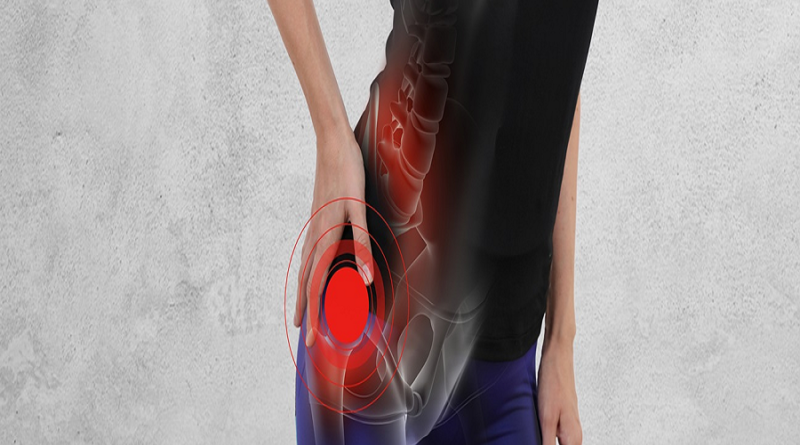All You Need To Know About Hip Fracture
When the upper portion of the femur or thigh bone breaks, it is called a hip fracture. Hip fractures are grave injuries and can cause life-long complications. A patient with a hip fracture suffers excruciating pain. Therefore prompt surgical intervention is necessary. A surgical repair or replacement accompanied by physical therapy helps a patient recover hip fracture [ผ่าตัดสะโพกหักพักฟื้น, which is the term in Thai].
Hip fractures are more common in aged people and rare in young people. Bones tend to weaken with old age, thus increasing the chances of fracture. A Low-density fall is the most common reason for hip fractures in the elderly. Hip fractures among young people are because of high-density falls or severe accidents.
Risk Factors
-
Age-
Bones tend to grow weaker with age. Low bone density and muscle mass increase the chances of hip fracture among the elderly.
-
Sex-
Hip fractures are more common in women than men. Bone density decreases rapidly due to hormonal changes during menopause. A fall in estrogen levels accelerates bone loss making aged women more prone to hip fractures.
-
Medical Conditions-
Certain medical conditions put one at high risk of getting hip fractures. Osteoporosis is common among aged people. It leads to weaker bones which tend to break easily. Thyroid and intestinal disorders hinder the human body from absorbing Calcium and Vitamin D, which causes bones to become fragile and prone to fractures.
-
Medications-
Medications such as sleeping pills, antipsychotic drugs, and sedatives cause dizziness and increase the chances of falling or getting into an accident.
-
Malnourishment-
A diet low in calcium and vitamin D can cause bones to become fragile.
-
Lack Of Exercise-
Living a sedentary lifestyle can make your bones and muscles weak and prone to fractures.
-
Tobacco And Alcohol-
Too much tobacco and alcohol intake can interfere with bone growth and maintenance, resulting in low bone density.
Complications:
- A Patient May Become Dependent On Others For Everyday Functions.
- Bedsores And Blood Clots
- Lack Of Movement, Further Bone, And Muscle Loss
- Pneumonia
- Death In Severe Cases
Recovery Hip Fracture
Almost all cases of hip fracture require surgical intervention for effective recovery hip fracture. Physical therapy begins within a day or two after surgery so the patient can start the movement of limbs to avoid further complications. The time taken can vary on factors like age, overall health, the severity of the fracture, etc.
Prevention:
One cannot foresee accidents but can take sufficient measures to prevent injury:
- Take an adequate amount of calcium and vitamin D daily.
- Walking, jogging, and other weight-bearing exercises help to strengthen bones and muscles.
- Avoid indulging in drinking and smoking.




